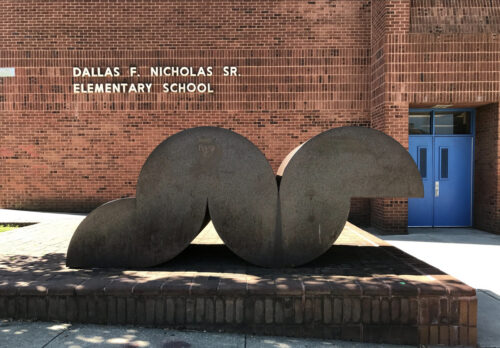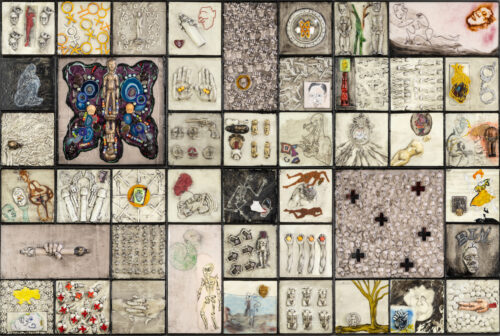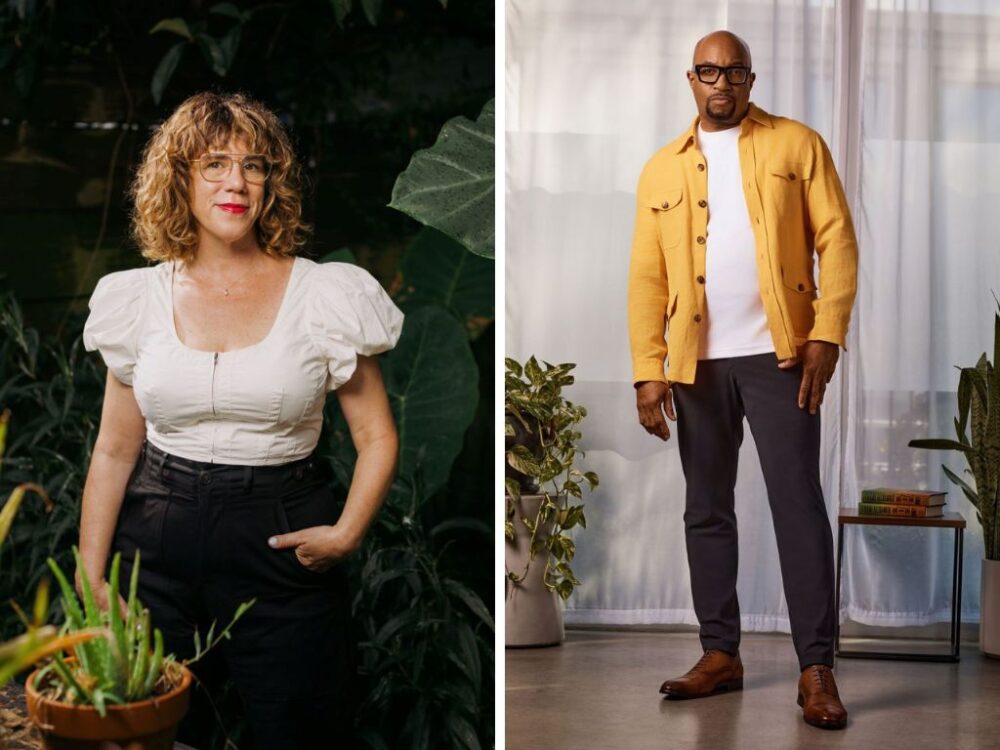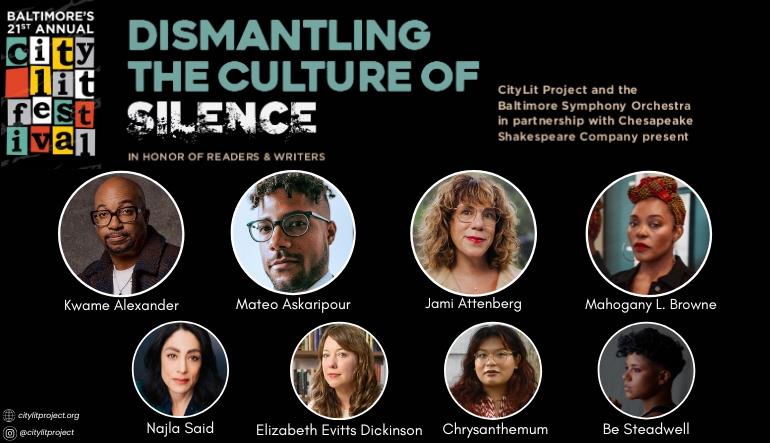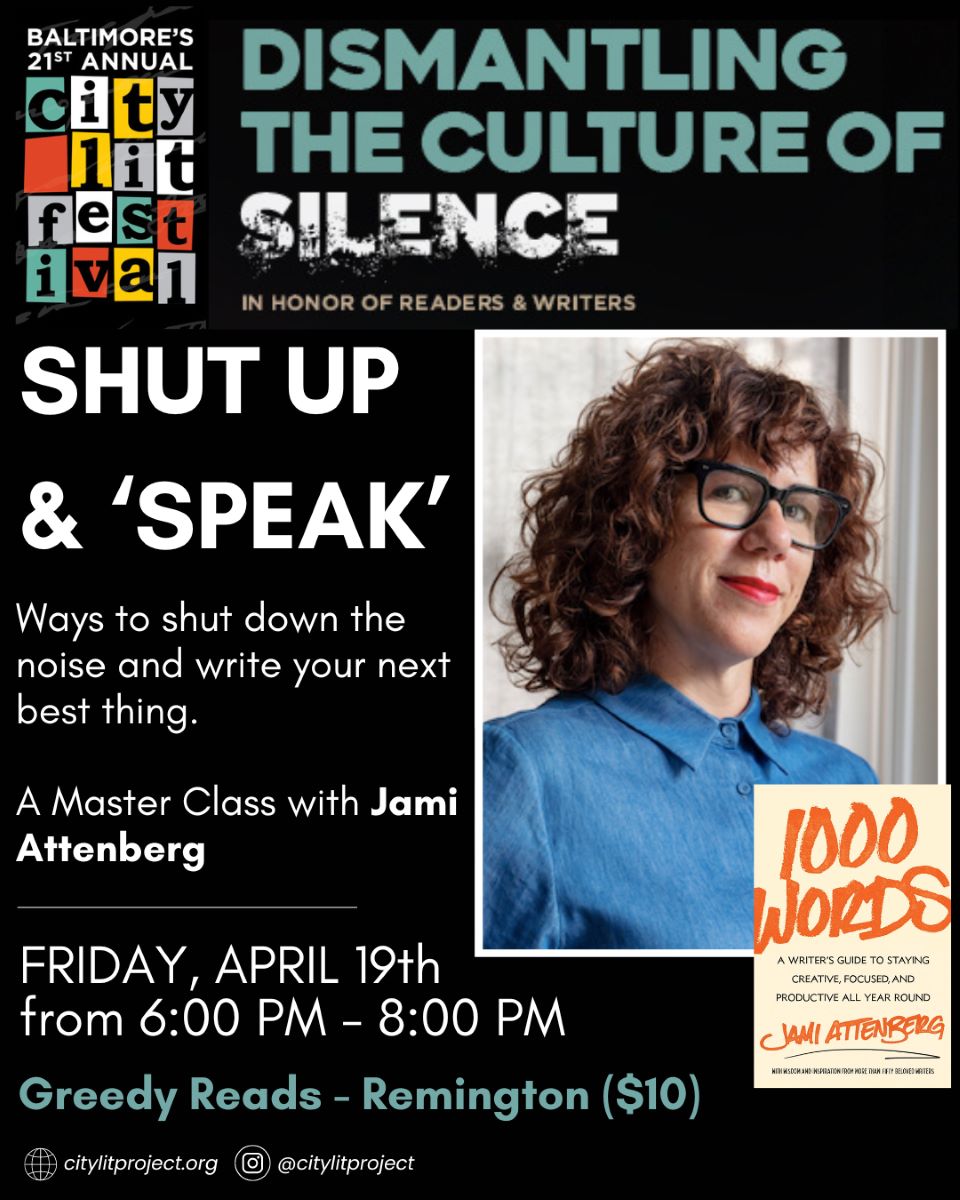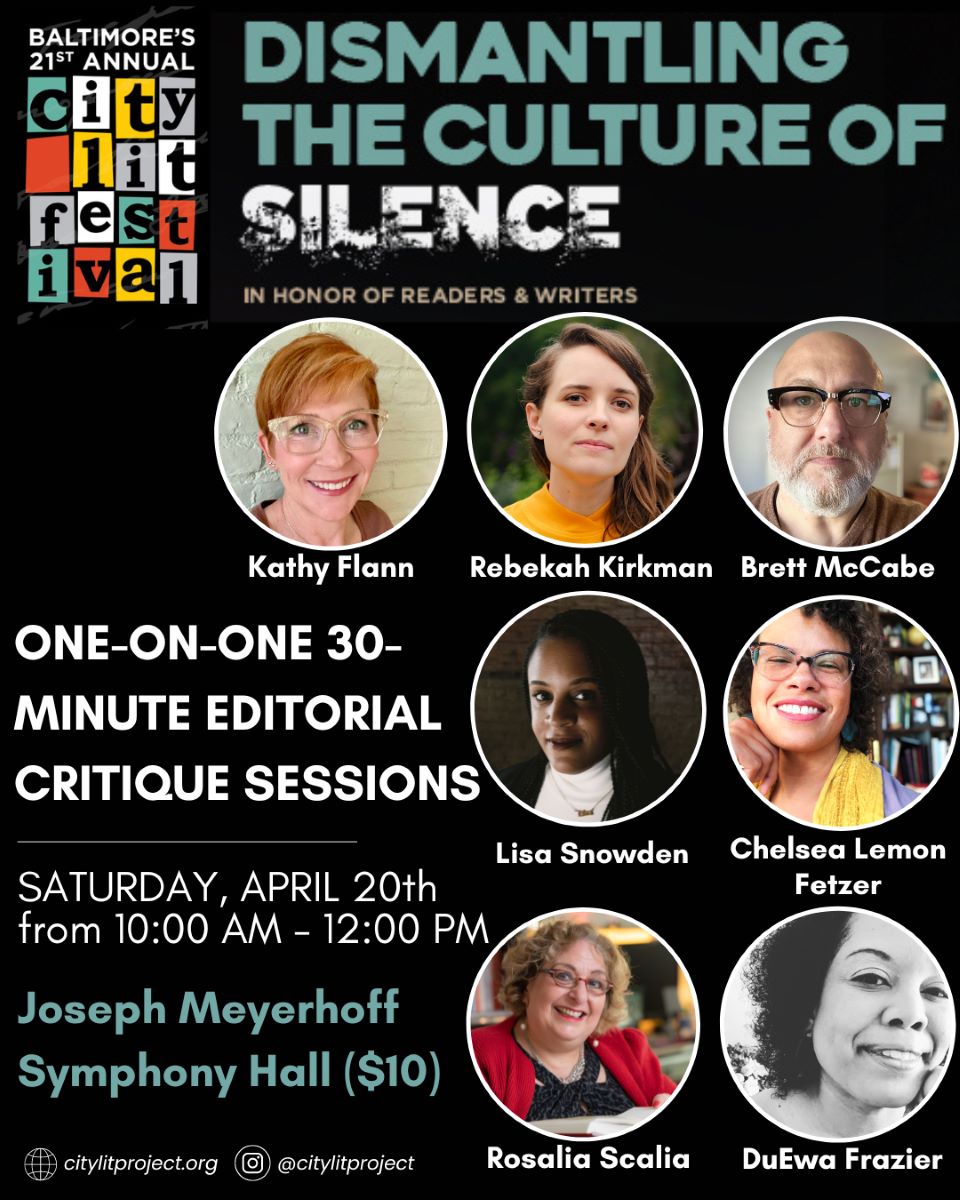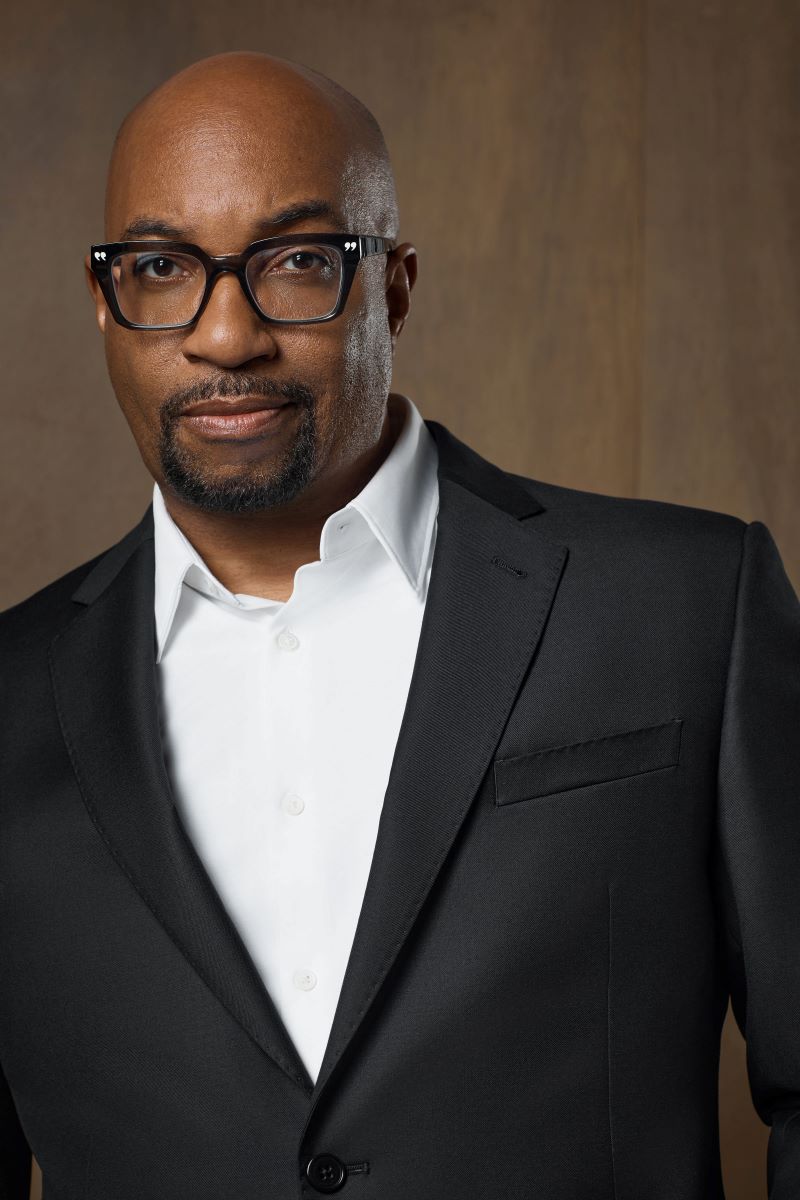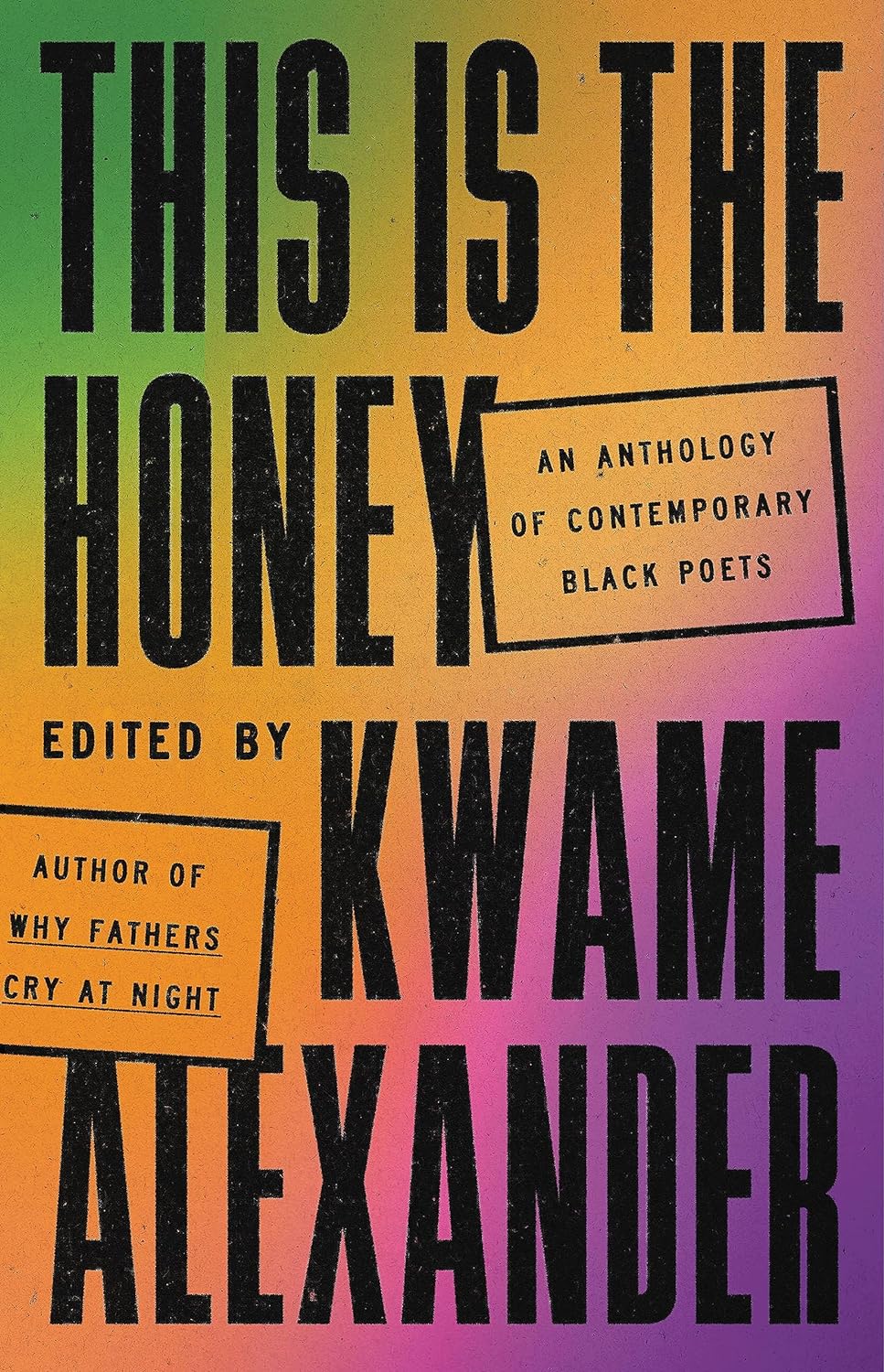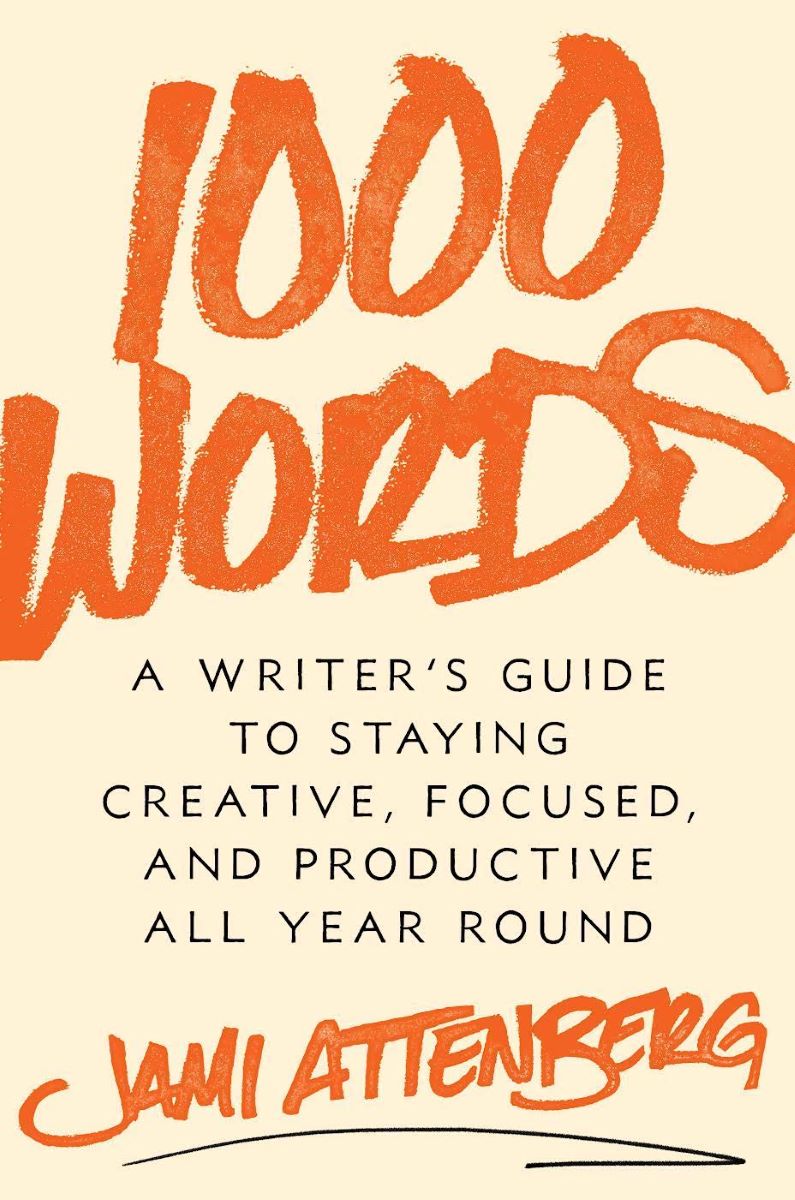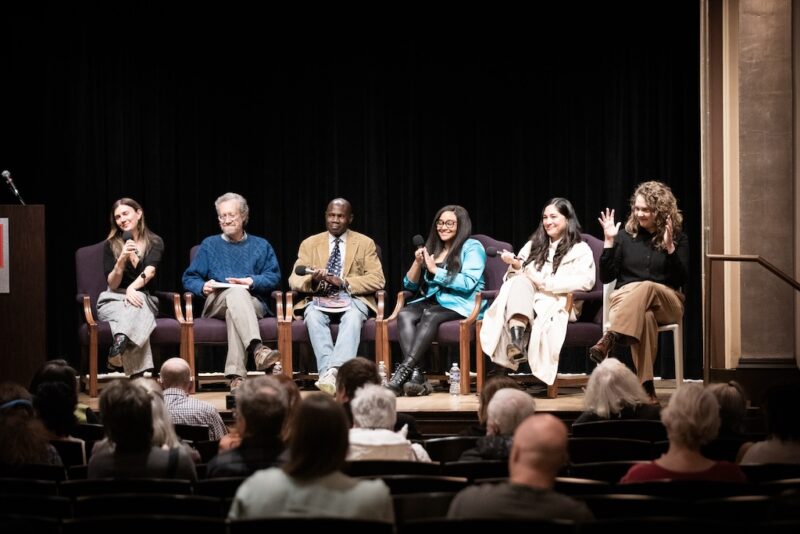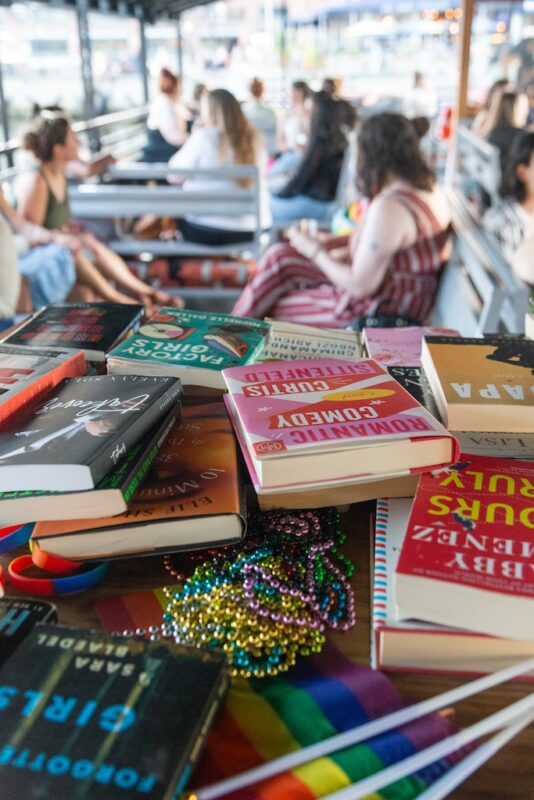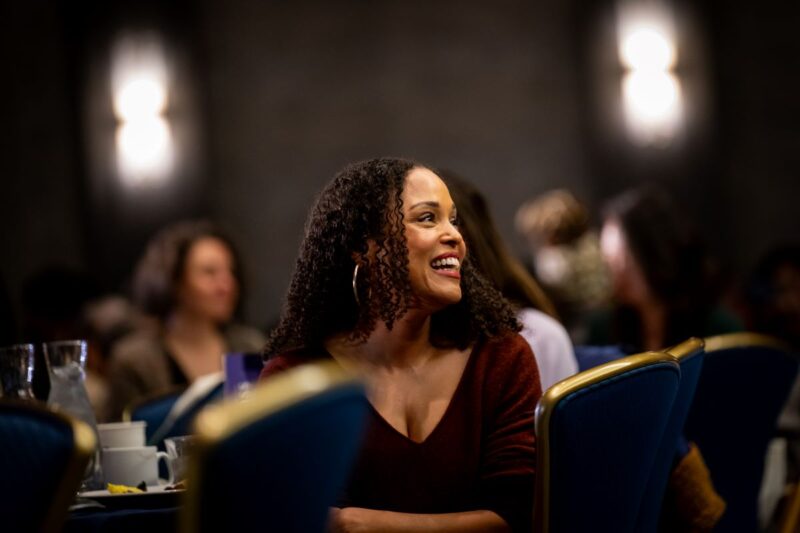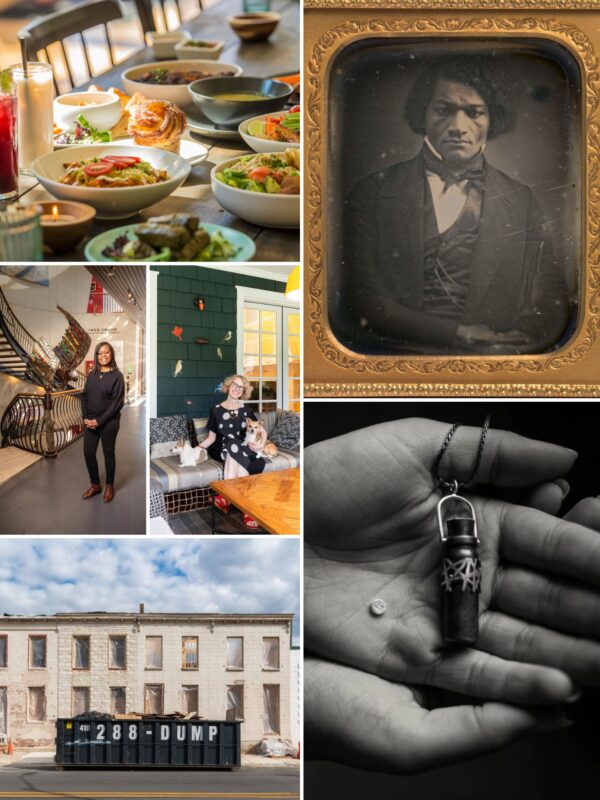As a writer, I am always curious to hear the origin stories of other writers. Kwame, could you please tell me when and how you came to write?
Kwame Alexander: My first book came out in 1991. I’d been writing a lot of love poems and submitting poetry to journals and magazines and got a lot of rejections. I grew up in a house with a father who was a book publisher, so I knew how to publish books. I decided, instead of being sad or complaining that my poems weren’t being published, that I would publish them myself. So I started a company and began publishing my own books. After a few years of doing that, I moved from DC to Baltimore and lived in an apartment called The Marylander in Charles Village, where I began to publish other writers as well.
The name of the company was Black Words Press. I think it was 1993 or ‘94 that I lived in Charles Village, 3501 St. Paul Street. And in the basement of The Marylander, there was this office space that was empty. I talked to the management about renting it, and they rented it to me for $300 a month. So I set up my publishing company in the basement, in this office, and we began to publish other writers. I’d write my own stuff and then publish other writers, especially Baltimore writers. And that was sort of the beginning of my professional career as a writer and as a book publisher.
Jami, what was your journey as a writer and how did you first become interested in storytelling?
Jami Attenberg: Oh I’ve always been a writer, since I was very young, just naturally drawn to writing down stories and reading everything I could get my hands on. And then I went to school for it; I was a Writing Seminars major at Johns Hopkins. After graduation, I was always making zines and putting stuff out online, and I worked in advertising for a long time, until I finally pulled a story collection together.
Kwame, one way I’ve heard you describe This Is the Honey: An Anthology of Contemporary Black Poets is as a place to find not just the woe but also the wonder, the beauty, and the everyday of Black lives. How did the idea for this book come about, and how did you choose which poems to include among the brilliance of contemporary Black poetry?
KA: Well, you know, when you curate an anthology, and answering that question—how did you choose?—that’s a whole book in and of itself.
I’ve spent thirty years as a writer. I’ve spent fifty years as a reader. The culmination of all of that work and passion and development of craft and enjoyment of literature—it all feeds into this moment where I am trying to decide what are the themes in the anthology that I want to explore. What are the kinds of poems that I want to include? It’s not really a simple kind of approach where you just decide, oh, I’m looking for this. You’re looking for the things that have inspired, empowered, engaged, entertained, informed you over your entire writerly career and your life. And so you know what you know, and you know what you want, and you just approach it like that.
What I can tell you is that I knew that I wanted renowned poets in the book. I knew that I wanted my peers, people I’ve been working with, or reading, or knowing for thirty years. People like Reginald Harris, whom I met in Baltimore thirty years ago. And I wanted new writers who hadn’t had an opportunity to be exposed on a national or international stage like that. I knew I wanted that sort of triumvirate of writers to be included in the book.
But in terms of how I chose the poems and how I decided, that’s a lifetime of reading and writing that has informed me in a way that allows me to create a book, an anthology that I would first love, and then hopefully, the readers would as well.
